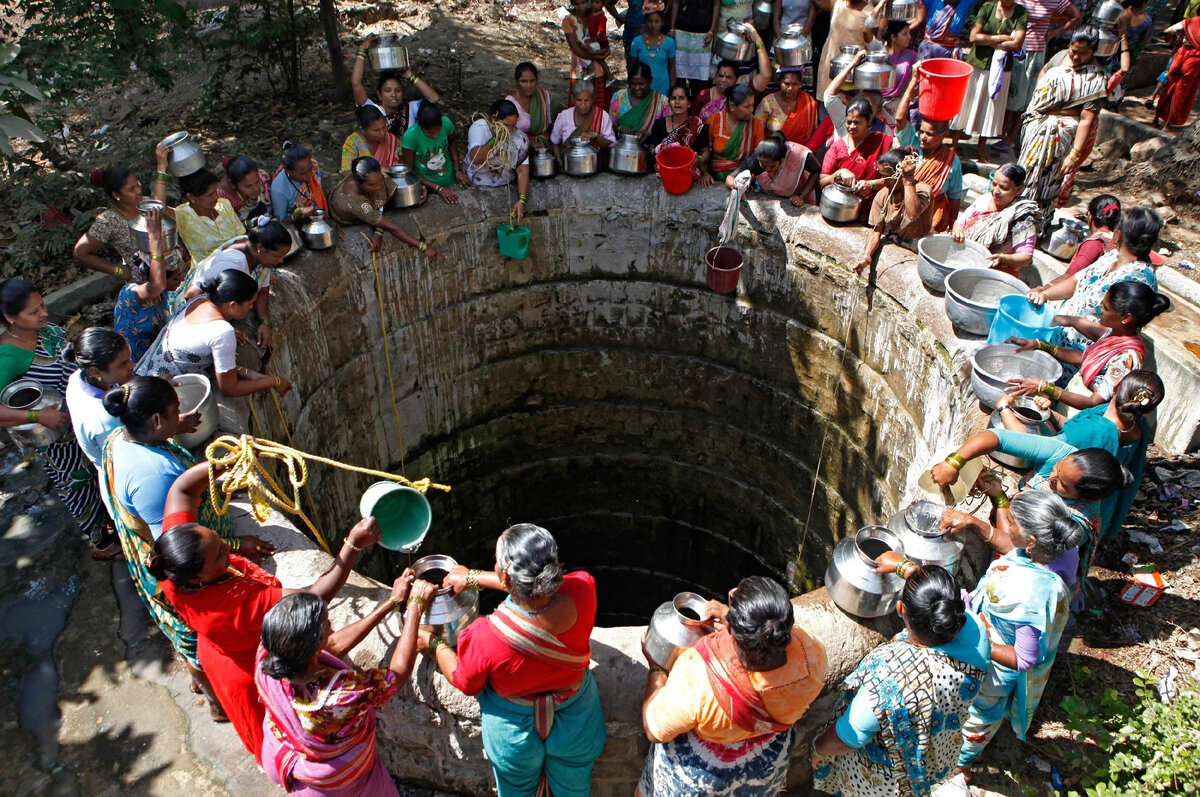Water Scarcity in India: A Growing Crisis and the Urgent Need for Action
Experience the Difference casino game online real money India is facing a critical and growing water scarcity crisis, impacting communities, agriculture, and the environment across the country. While water stress has long been a concern in certain regions, the situation is intensifying due to a combination of factors, demanding urgent and comprehensive action. This article examines the key drivers of water scarcity in India, its widespread impact, and potential solutions.
Drivers of Water Scarcity: A Complex Picture
Several factors contribute to the escalating water scarcity in India:
Climate Change: Changing weather patterns, including erratic monsoons, prolonged droughts, and increased frequency of extreme weather events, are significantly impacting water availability.
Over-extraction of Groundwater: Excessive extraction of groundwater for irrigation, industrial use, and domestic consumption has led to declining water tables in many parts of the country.
Inefficient Irrigation Practices: Traditional irrigation methods often lead to significant water loss through evaporation and runoff, contributing to water wastage.
Water Pollution: Pollution from industrial waste, sewage, and agricultural runoff is contaminating water sources, reducing the availability of clean water.
Population Growth and Urbanization: Rapid population growth and urbanization are increasing the demand for water, putting further strain on existing water resources.
Poor Water Management: Inadequate water management practices, including lack of water conservation measures, inefficient distribution systems, and limited wastewater treatment facilities, exacerbate the problem.
Impacts of Water Scarcity: A Wide-Ranging Threat
The consequences of water scarcity are far-reaching and affect various sectors:
Agriculture: Water scarcity is threatening agricultural production, impacting crop yields and livelihoods of millions of farmers.
Public Health: Water scarcity and contamination pose significant health risks, leading to waterborne diseases and malnutrition.
Industrial Production: Water shortages are impacting industrial production, leading to disruptions in supply chains and economic losses.
Environmental Degradation: Water scarcity is contributing to the depletion of wetlands, rivers, and other ecosystems, harming biodiversity.
Social Conflicts: Competition for scarce water resources can lead to social conflicts and tensions within communities.
Addressing the Crisis: Potential Solutions and Mitigation Strategies
Addressing the water scarcity crisis requires a multi-pronged approach, including:
Water Conservation Measures: Implementing water conservation measures, such as rainwater harvesting, water-efficient irrigation techniques, and promoting water-wise practices in homes and industries.
Groundwater Management: Regulating groundwater extraction and promoting groundwater recharge through afforestation, watershed management, and other initiatives.
Water Quality Management: Implementing strict regulations to control water pollution from industrial waste, sewage, and agricultural runoff.
Wastewater Treatment and Reuse: Investing in wastewater treatment plants and promoting the reuse of treated wastewater for irrigation and industrial purposes.
Improved Irrigation Practices: Promoting the adoption of water-efficient irrigation techniques, such as drip irrigation and sprinkler systems.
Raising Awareness: Raising public awareness about the importance of water conservation and promoting responsible water use.
Policy and Governance: Implementing effective water policies, improving water governance, and ensuring equitable access to water resources.
Community Participation: Engaging local communities in water management and conservation efforts.
Technological Solutions: Utilizing technology to monitor water resources, optimize water use, and detect water leakages.
The Road Ahead: A Call for Urgent Action
Water scarcity in India is a serious and growing crisis that requires immediate and concerted action. By implementing these solutions and prioritizing water conservation and management, India can mitigate the impacts of water scarcity, protect its water resources, and ensure a sustainable water future for its citizens. The challenges are significant, but with proactive measures, India can move towards a more water-secure future.
